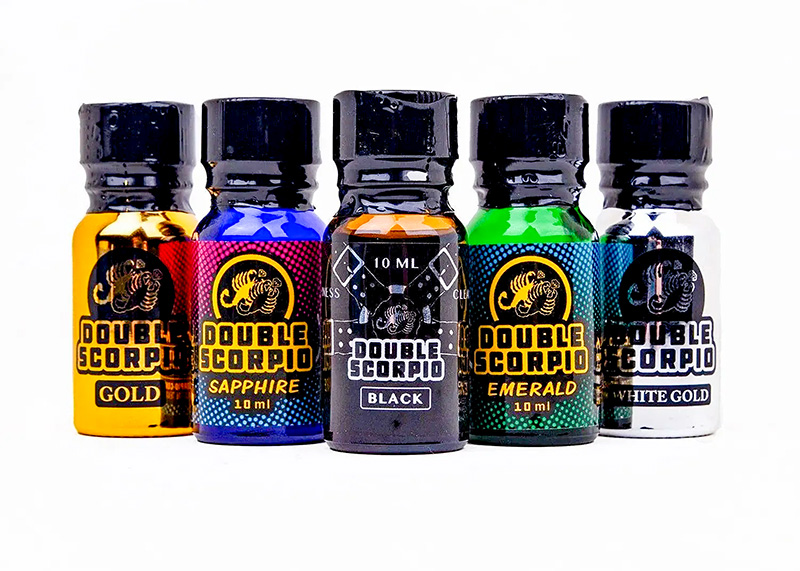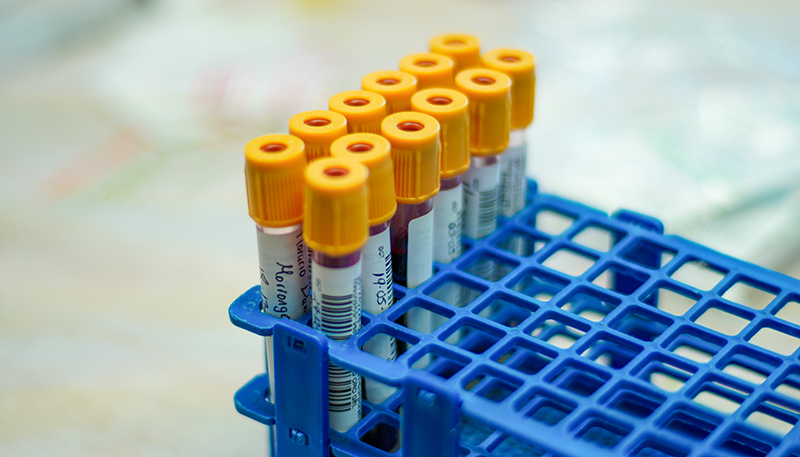PrEP helps reduce new HIV infections to record low in Australia
New South Wales reported the lowest number of new infections since records began

The Australian state of New South Wales (NSW) has recorded the lowest number of new infections since records began — and health experts are attributing it to PrEP.
PrEP, also known by its brand name Truvada, was made available in 2016 to over 9,000 people, and last year was added to a list of subsidized drugs.
That has helped reduce the number of new HIV infections in NSW, with 2018 reporting the lowest rate of infections since records began in 1984.
Only 278 people were reported as having been diagnosed with a new HIV infection, a 17% drop from the average of 336 cases a year from 2013 to 2017.
Of those infections, 78% were through men who had sex with men (MSM), while 19% were from heterosexual exposure, according to the Star Observer.
New South Wales interim Labor leader Penny Sharpe praised the state’s efforts to reduce HIV infections.
“New South Wales is a world leader in the prevention and spread of HIV,” Sharpe said. “This is incredible news and a great achievement.”
Health experts specifically called out PrEP for helping reduce the number of new infections.
Aiding uptake in the drug was a $180 million subsidy, which helped lower the cost to just $28 per script for those taking PrEP.
“For too long, people living with HIV have borne the brunt of expectation, responsibility, and blame when it comes to keeping the community safe from HIV,” Nic Holas, of HIV group The Institute of Many, told the Star Observer at the time. “PrEP offers HIV-negative people the opportunity to take more responsibility for their own safety. We hope this is the beginning of the end for new HIV transmissions in Australia, but we also know this is not the end of HIV stigma and discrimination.”
Taken daily, PrEP is at least 99% effective in preventing HIV transmission between serodiscordant sexual partners.
Last year, the Food and Drug Administration approved PrEP for use by male adolescents, while last month Maryland allowed minors to receive PrEP without requiring parental consent.
There are currently only three reported cases of men becoming infected with HIV while taking daily PrEP, and in each case it was after being exposed to a rare, PrEP-resistant strain of the virus.
Last year, a San Francisco man became infected after he was exposed to the strain following sex with an HIV-positive partner who was no longer taking his antiretrovirals.
Health experts noted that if the partner had been taking antiretrovirals to become “undetectable,” transmission would not have occurred.
In 2017, an Australian study into HIV transmission between gay male couples found that individuals with undetectable levels of the virus do not transmit HIV to their partners.
In the Opposites Attract study, the largest of its kind, 358 gay couples where one partner had HIV and the other did not were monitored.
The University of New South Wales’ Kirby Institute documented over 17,000 instances of anal sex without condoms between the couples, and found that none resulted in HIV transmission.
Kirby Institute’s Professor Andrew Grulich called it “life-changing news for couples of differing HIV status,” while another researcher said that the study demonstrated that “condomless sex with undetectable viral load is a form of safe sex.”
Support Metro Weekly’s Journalism
These are challenging times for news organizations. And yet it’s crucial we stay active and provide vital resources and information to both our local readers and the world. So won’t you please take a moment and consider supporting Metro Weekly with a membership? For as little as $5 a month, you can help ensure Metro Weekly magazine and MetroWeekly.com remain free, viable resources as we provide the best, most diverse, culturally-resonant LGBTQ coverage in both the D.C. region and around the world. Memberships come with exclusive perks and discounts, your own personal digital delivery of each week’s magazine (and an archive), access to our Member's Lounge when it launches this fall, and exclusive members-only items like Metro Weekly Membership Mugs and Tote Bags! Check out all our membership levels here and please join us today!
























You must be logged in to post a comment.